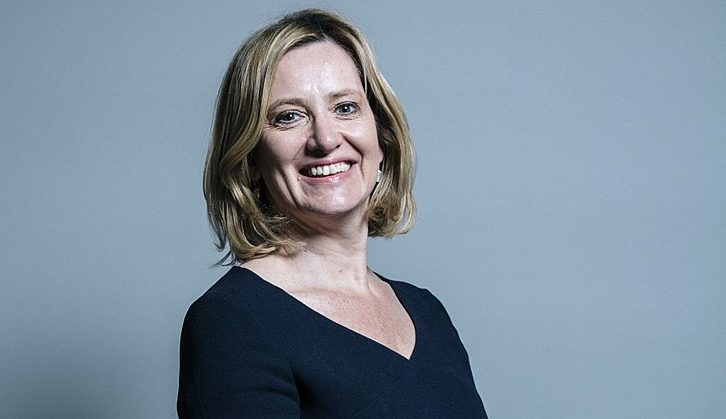New figures show that income inequality is rising, but the government could reverse that by refusing further benefits cuts, a leading thinktank has said.
The Institute for Progressive Policy Research (IPPR) are responding to a survey by the Official for National Statistics which reveals a dramatic income reduction for the poor.
Year-on-year income reduced 1.6% for the poorest fifth of the country in 2018, a knock-on effect of benefits cuts the IPPR believes is “driving people into destitution”.
“Those on low incomes in this country are facing years of wage stagnation, rising inflation and an insecure labour market,” a spokesperson for the IPPR said.
Recent increases in income inequality are driven largely by policy decisions made by this government
A spokesperson for the IPPR thinktank
Income inequality has risen for the poorest fifth Image credit: Pexels
“These latest figures from the ONS show that recent increases in income inequality are driven largely by policy decisions made by this government to cut and freeze benefits.
“If the government wants to show it is serious about ending austerity it must end the benefits freeze and increase work allowances in Universal Credit.”
Amber Rudd must reform a system which is too often driving people into destitution rather than providing a safety net
A spokesperson for the IPPR thinktank
“The new Work and Pensions Secretary Amber Rudd must reform a system which is too often driving people into destitution rather than providing a safety net and helping to ensure work pays.”
Universal Credit System To Blame

Critics say Universal Credit is driving people to destitution. Image credit: TaxRebate.org.uk
Reduction in income for the poor can be equated to the controversial Universal Credit benefits system, which was designed to streamline the benefits process. But claimants and critics argue it complicates application processes and leaves claimants worse off.
Contrary to the strife experienced on the lower end of the spectrum, income has risen for those at the very top, with those earning in the top fifth of incomes seeing a rise of 4.7% in the same period.
A policy by George Osbourne in 2015 saw household benefits frozen for millions of claimants, despite rises in inflation. Despite this, Prime Minister Theresa May has said she is committed to ending austerity.

The government has failed to end austerity Image credit: Pexels
A Long-Term Income Rise?
Despite the recent downturn, the findings from ONS suggest average income has risen since the crash of 2008. “The longer-term trend has seen this group’s income rise the most. As such it may be too early to draw definite conclusions from this specific downtick,” commented Dominic Webber of the ONS.
The income inequality is drawn from “greater change, as well as a sustained rise” in the richest fifth of the population when compared with the poorest fifth.
Earlier this year work and pensions secretary Amber Rudd MP admitted that problems with Universal Credit had led to an increase in food bank use.
It is absolutely clear that there were challenges with the initial rollout of universal credit
Amber Rudd MP, secretary for work and pensions
She said in parliament: “It is absolutely clear that there were challenges with the initial rollout of universal credit, and the main issue that led to an increase in food bank use could have been the fact that people had difficulty accessing their money early enough.”

Amber Rudd, secretary for work and pensions, has admitted to problems with Universal Credit. Image credit: Wiki Commons
I know there are problems with Universal Credit, despite its good intentions
Amber Rudd MP, secretary for work and pensions
On another occasion she admitted: “I know there are problems with Universal Credit, despite its good intentions,” she said. “I’ve seen them for myself. I will be listening and learning from the expert groups in this area who do such good work.”
Universal Credit was developed to replace six individual benefits as part of the Conservative’s welfare reform programme. However, official bodies, including charities, have expressed concern that it is overly complicated for those seeking benefits.
UK Citizens Living In ‘Misery’
Concerns around income inequality are bolstered by the much-publicised UN Rapporteur’s damning report into UK poverty, which found citizens living in “misery”.
The report concluded that “the sense of deep despair” could be felt in Britain’s poorest areas, but that “the UK could end poverty if it wanted to”.
Amber Rudd MP has paused the transitioning of all UK benefit claimants to Universal Credit until further trials have been carried out with the aim of speeding up payments and streamlining use.








